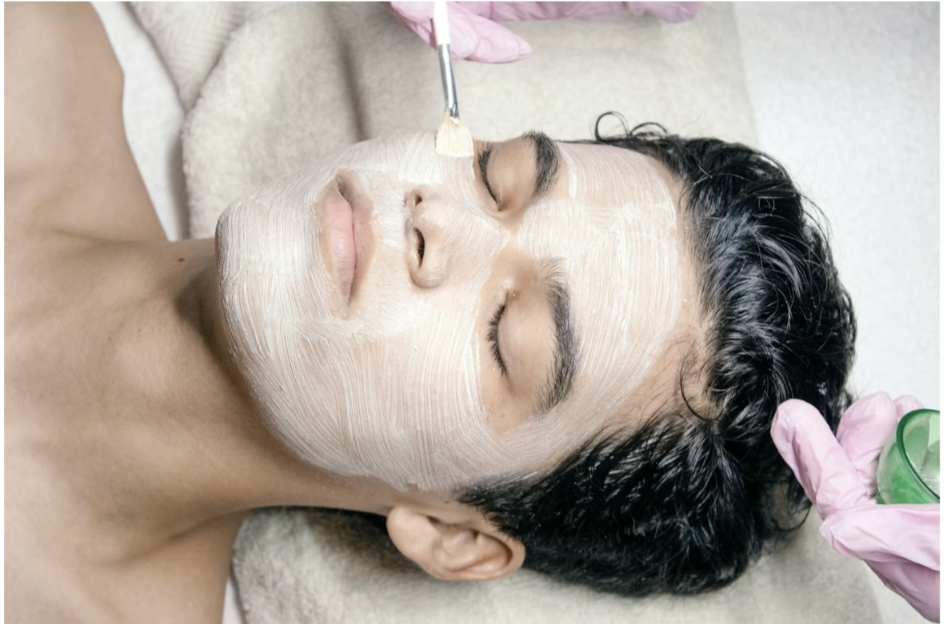Sleep is a fundamental part of our well-being, but a good night’s rest for many feels elusive. Sleep disorders are common, and they can affect every aspect of life, from physical health to emotional stability.
Thankfully, sleep specialist near me are trained to diagnose and treat these issues, helping individuals regain their quality of life. Here, we explore some of the most common sleep disorders that a sleep specialist can address.
Insomnia: The Challenge of Falling and Staying Asleep
Insomnia is perhaps the most well-known sleep disorder. People with insomnia struggle to fall asleep, stay asleep, or wake up feeling refreshed.
Stress, anxiety, poor sleep habits, or underlying medical conditions often contribute to this condition.
A sleep specialist can assess the root causes of insomnia and offer treatments such as cognitive behavioral therapy for insomnia (CBT-I), relaxation techniques, or medication when necessary.
Sleep Apnea: When Breathing Disrupts Sleep
Sleep apnea is a condition where your breathing stops or becomes very shallow many times during sleep. It is often marked by loud snoring, gasping for air, or excessive daytime fatigue.
The most common type, obstructive sleep apnea, happens when the muscles in your throat relax too much and block your airway.
Sleep specialists can conduct sleep studies to diagnose this disorder and recommend treatments like Continuous Positive Airway Pressure (CPAP) therapy, lifestyle changes, or surgery in severe cases.
Restless Legs Syndrome: The Urge to Move
Restless Legs Syndrome (RLS) causes a strong urge to move your legs, often because they feel uncomfortable or uneasy. This condition tends to worsen in the evening or at night, making it hard to fall asleep.
A sleep specialist can determine whether RLS is linked to underlying health issues such as iron deficiency or kidney problems and develop a treatment plan that may include medications, lifestyle adjustments, or natural remedies like magnesium oil to help relax muscles and improve sleep quality.
Narcolepsy: Excessive Sleepiness and Sudden Sleep Attacks
Narcolepsy is a condition that makes it hard for the brain to control when you feel awake or sleepy. People with narcolepsy often feel extremely tired during the day and can suddenly fall asleep without any warning.
Other symptoms may include sleep paralysis, vivid dreams, and cataplexy (sudden muscle weakness triggered by strong emotions).
Sleep specialists use sleep studies and tests like the Multiple Sleep Latency Test (MSLT) to diagnose narcolepsy and provide treatment, which may involve medications to manage symptoms and lifestyle modifications.
Circadian Rhythm Disorders: Misaligned Body Clocks
Circadian rhythm disorders occur when the body’s internal clock is out of sync with the external environment.
Common types include delayed sleep phase syndrome, where individuals struggle to fall asleep until late at night, and shift work disorder, which affects people who work irregular hours.
A sleep specialist can help reset your body’s internal clock by using light therapy, melatonin, or personalized techniques to improve your sleep patterns.
Parasomnias: Unusual Behaviors During Sleep
Parasomnias include unusual behaviors that happen during sleep, like sleepwalking, having night terrors, or talking while asleep. These disorders can be disruptive to the person experiencing them and their bed partners.
Sleep specialists can identify triggers for parasomnias and recommend treatment strategies, such as improving sleep hygiene, addressing stress, or using medications if necessary.
Chronic Fatigue Syndrome: When Sleep Doesn’t Refresh
Chronic Fatigue Syndrome (CFS) is a complex condition that causes extreme fatigue that doesn’t improve with rest. While not strictly a sleep disorder, it often involves disrupted sleep patterns, leaving individuals feeling unrefreshed.
Sleep specialists can play a key role in managing sleep issues associated with CFS, helping patients achieve better rest through therapies like graded exercise, stress management, or specific sleep aids.
Bruxism: Teeth Grinding During Sleep
Bruxism, or teeth grinding, is another condition often addressed by sleep specialists. It can cause sore jaws, headaches, and wear down your teeth.
While bruxism is sometimes caused by stress, it may also be linked to other sleep disorders like sleep apnea.
A specialist can work with other healthcare providers, such as dentists, to create a treatment plan that might include mouthguards, stress reduction techniques, or addressing underlying conditions.
Hypersomnia: Excessive Sleep Beyond Normal Needs
Hypersomnia is characterized by prolonged sleep durations and excessive daytime drowsiness, even after getting adequate rest.
Conditions like idiopathic hypersomnia or secondary hypersomnia caused by other medical conditions fall under this category.
Sleep specialists use diagnostic tools to identify the underlying causes and develop a management plan, often involving medications or lifestyle changes.
Conclusion
If you’re experiencing symptoms of a sleep disorder, it’s essential to seek the best therapists Sagaponack NY help. Sleep specialists use advanced tools and tests to identify and treat various conditions, tailoring their approach to your unique needs.
Addressing sleep disorders improves rest and enhances overall health, including better focus, mood, and physical well-being.
With the right treatment, a sleep specialist can help you rediscover the rejuvenating power of quality sleep, ensuring you wake up ready to take on the day. If sleep struggles are affecting your life, don’t hesitate to consult Dr. Kolzet, who can guide you toward better rest and a healthier future.





